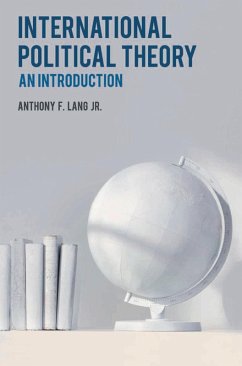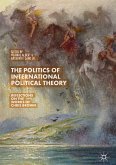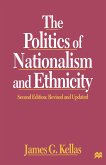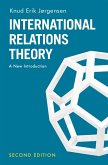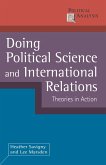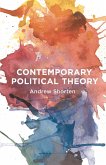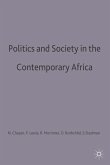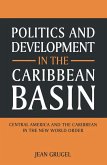This innovative text explores international relations with the tools of political theory. In so doing, it contributes to and advances the idea of international political theory.
The book focuses on four key concepts - authority, rules, rights, and responsibilities - and four important topics - wealth, violence, nature and belief. In each of these areas, the book draws on key figures in political theory to explore, explain and evaluate the current global order. Chapters address such contested issues as humanitarian intervention, LGBT rights, climate change, and our collective responsibilities for alleviating global poverty. The book invites students into a conversation about international political theory, one that will help orient them in an increasingly complicated and pluralist international order.
The book focuses on four key concepts - authority, rules, rights, and responsibilities - and four important topics - wealth, violence, nature and belief. In each of these areas, the book draws on key figures in political theory to explore, explain and evaluate the current global order. Chapters address such contested issues as humanitarian intervention, LGBT rights, climate change, and our collective responsibilities for alleviating global poverty. The book invites students into a conversation about international political theory, one that will help orient them in an increasingly complicated and pluralist international order.

